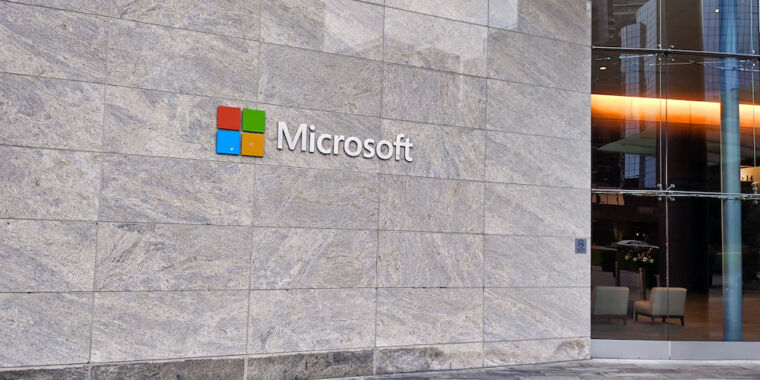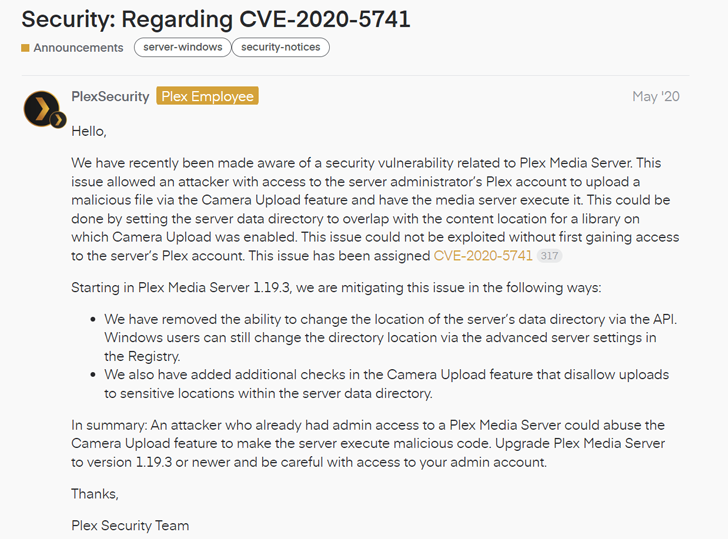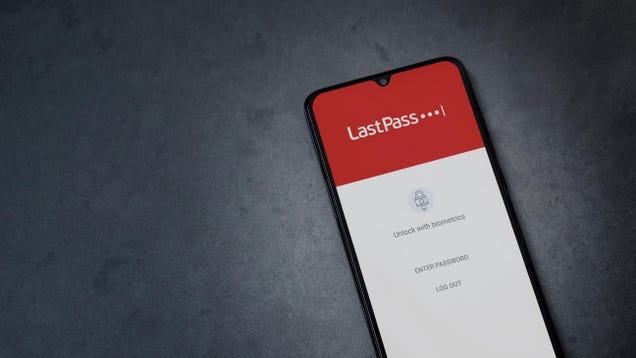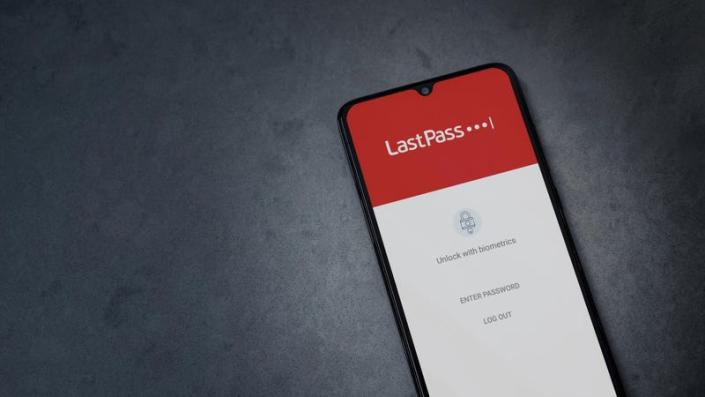Google Engineers Hacked The PlayStation Portal And Turned It Into A PSP Emulator
Sony’s PlayStation Portal handheld is designed to stream games from your PS5, but that hasn’t stopped Google engineers from hacking the device to run emulated PSP games. Google security engineer Calle Svensson and cloud vulnerability researcher Andy Nguyen showed off some of their work on X/Twitter, revealing a PlayStation Portal running the PSP version of Grand Theft Auto 3 through the PPSSPP emulator.
Nguyn added in a second tweet that the hack is entirely software-based, allowing the engineers to exploit vulnerabilities in the handheld without needing to change its hardware. Don’t expect this hack to go public, as Nguyen said there are currently no plans to release it.
Sony has only released a few consoles of the portable variety over the years, as it ventured into this market with the PSP in 2004 and followed it up with the PS Vita in 2011. Each handheld console received several revisions over the years, but the PlayStation Portal takes a different approach to stand out from competitor devices like the Nintendo Switch, Steam Deck, and ROG Ally. Combining a sharp display with DualSense-inspired controllers, the PlayStation portal streams games from your PS5 over wi-fi and was launched late last year.
“With a limited use-case and inconsistent performance from remote play, as well as the way it rarely takes advantage of the PS5 ecosystem, the PlayStation Portal is tough to recommend,” Michael Higham wrote in GameSpot’s PlayStation Portal hands-on feature. “If the PS5 is your primary gaming platform, and if you have a strong internet connection throughout your home, and if you’re in situations where you’re eager to play PS5 games without access to the TV the console is connected to, then you’ll get plenty of use out of the Portal.”






